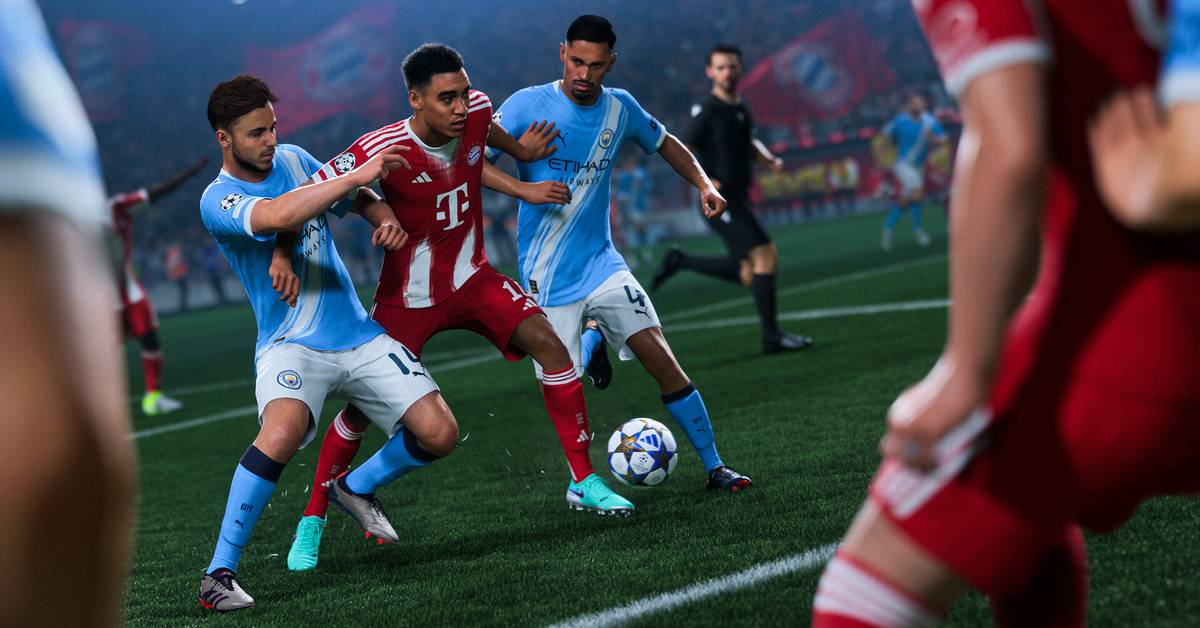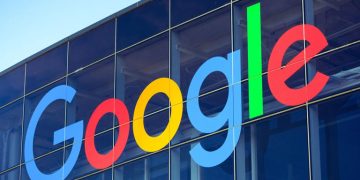Electronic Arts Inc. (EA), one of the most iconic video game publishers in the world, is reportedly on the brink of being taken private in a landmark deal that could value the company at up to $50 billion. If finalized, the transaction would mark one of the largest leveraged buyouts in the history of the gaming industry—and one of the most significant ever in the tech and media space.
Sources close to the matter say that the talks are in an advanced stage, involving a group of heavyweight investors including private equity firms and sovereign wealth funds. The deal is expected to rely heavily on debt financing, suggesting a classic leveraged buyout structure. While the identity of all participants has not been confirmed, insiders report that a mix of U.S. and international investors is working to assemble the required capital.
The news has sent shockwaves across the video game sector, financial markets, and the tech world at large. EA, the publisher behind blockbuster franchises such as EA Sports FC (formerly FIFA), Madden NFL, Battlefield, The Sims, and Apex Legends, has long been seen as a cornerstone of the modern gaming ecosystem. Its established intellectual property, recurring annual releases, and strong digital services make it an appealing asset—particularly to investors looking for predictable cash flows in an increasingly uncertain economy.
The reported $50 billion valuation represents a substantial premium on EA’s recent market cap, suggesting a strong belief in the company’s future prospects. The value of the deal is being closely scrutinized by analysts, who point to EA’s solid—if unspectacular—recent financial performance. While the company has remained profitable, its revenue growth has slowed, and its core franchises face mounting competition from both major publishers and rising indie studios.
For EA, going private could offer a chance to refocus on long-term strategy without the short-term pressures of quarterly earnings calls and shareholder demands. A shift to private ownership could give the company more freedom to take risks, invest in new technologies, or restructure its business model to better align with evolving industry trends.

One of the biggest challenges facing the gaming industry today is the shift from one-time purchases to ongoing, live-service experiences. EA has already embraced this model through its Ultimate Team offerings and live events in games like Apex Legends, but critics argue that the company has been slow to adapt compared to more agile rivals. Under private ownership, EA may be better positioned to innovate without fear of stock market backlash.
On the flip side, the potential deal comes with significant risks. A $50 billion leveraged buyout would likely saddle EA with tens of billions in debt. That could constrain the company’s flexibility in the coming years, forcing it to focus more on maintaining high-margin franchises and less on creative experimentation. In addition, the gaming market is notoriously volatile—success depends not just on strategic planning, but also on the unpredictable tastes of a global player base.
Industry observers are also questioning what the deal might mean for EA’s employees and its many development studios. Large buyouts often result in layoffs, restructurings, or shifts in company culture. EA has faced criticism in the past over its management practices and internal pressures to focus on monetization, particularly with regard to loot boxes and microtransactions. A new ownership structure could either deepen these tendencies or offer a fresh start.
Beyond EA itself, the implications for the broader gaming industry are significant. The move would mark yet another example of deep-pocketed investors viewing the gaming sector as ripe for financial engineering. It follows in the wake of massive deals like Microsoft’s acquisition of Activision Blizzard and the increasing presence of sovereign wealth funds in entertainment and esports.
Analysts believe that if the deal succeeds, it could signal a new era in which private equity plays a much larger role in the games business. While such moves can provide companies with access to capital and strategic support, they can also raise concerns about creativity, innovation, and the long-term health of the industry.
Gamers, meanwhile, are watching closely. EA has had a complicated relationship with its community over the years, often drawing criticism for aggressive monetization strategies. A new ownership structure could either exacerbate these concerns or lead to reforms aimed at rebuilding goodwill. Much will depend on the intentions of the incoming owners—whether they view EA primarily as a financial asset or as a creative force in entertainment.

From a regulatory standpoint, the deal could face scrutiny, especially given the size of the transaction and the international nature of the investor group. Regulators in the U.S., Europe, and other key markets may examine the deal for its potential impact on competition and data privacy. However, because the deal does not involve direct competition between major gaming platforms, it may face fewer hurdles than past industry mega-mergers.
In summary, the reported plan to take EA private for up to $50 billion is a bold and potentially transformative move. It underscores both the enormous value of gaming IP in today’s media landscape and the growing role of financial engineering in shaping the industry’s future. Whether the deal ultimately benefits players, developers, and the company itself remains to be seen—but one thing is clear: the next chapter in EA’s story is likely to be very different from the last.












